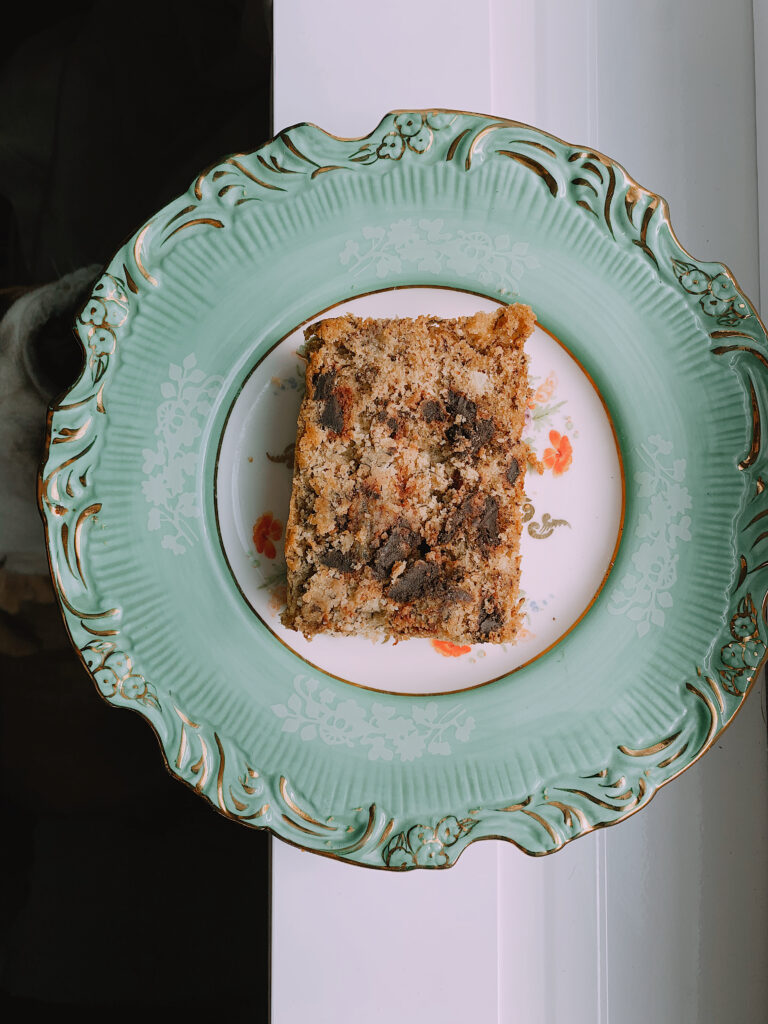IVF Preparation (Part 1): What Your Doctor Won’t Tell You
I decided to share my deeply personal IVF journey since I was looking for posts about the subject but couldn’t find any relatable posts. It was either too emotional, leaving out of the medical details or too medical, leaving out the emotional details. I wanted to be real and strike a balance. I am dividing my journey into three parts: the pre, during, and post. So here is my part 1, the pre.
A bit of background: I’m 45 years old. My chances are low. I am a realist. So I get it. I won’t explain the long-shot data or statistics because what’s the point. I know IVF can be a long, challenging process with unexpected roadblocks. Ultimately, if it happens, great. If it doesn’t, that’s fine, too. That’s been my attitude about it from day one. My husband and I both want to do this because we can say we tried. At the end of the day, it’s OK either way!
To get to this point, I have three remaining eggs to be transferred in early June. I originally had five, but two were transferred unsuccessfully back in December 2019. I was planning to transfer the remaining eggs in March 2020 but Corona happened. So after 2 months of closure, the reproductive clinic called me to reschedule the transfer to June. Yay, I’m actually excited because I’ve been so relaxed and supported during these quarantine days — that I feel it’s the perfect time for the transfer!
Here are my following preparation tips for IVF potential mothers out there (advice that the nurses and doctors won’t necessarily tell you).
Money, money, money.
Prepare to save because the IVF journey is not only highly emotional, it’s also very expensive. One cycle can cost $12-20K, depending on your doctor and fees. And trust me, everything will cost you. The breakdown usually consists of office visits (around $500 each for blood work or ultrasounds), meds (upwards $5000 per cycle includes estrogen patches, progesterone), retrieval and transfer costs (upwards $10,000), and the frozen embryo storage (upwards $1000 per year).
Research and pick the right clinic and doctor.
This is so important. I’ve heard horrible stories where parents had to deal with negligence (a doctor was on the news for irresponsibly losing embryos and is still practicing) and bad customer service. Please do your research and schedule initial consultations with several doctors before choosing whose right for you. Make sure you are comfortable with the doctor and have a good relationship with him/her. We settled for Kim Kardashian’s doctor (we didn’t know he was her doctor until afterwards).
Make sure you have a partner to support you emotionally throughout the process.
This can be your best friend, your mother, or oh yeah, your spouse. You might turn into Hulk and explode after injecting hormones. Hey, it’s OK, as long as you have someone to calm you and run out to the store to get you donuts on a moment’s notice. It’s optional, but they can also go with you to your office visits, too. I did not need this extended support — my husband usually drove me to the office and waited in the car. It really depends on the individual on how much emotional support is required. Be sure to talk to someone and have them be aware that you can (not saying you will) be a different person during the process.
Get over your fear of needles.
If you hate needles, I don’t know what to tell you. You pay extra to have the nurses do the injections for you (at the clinic). You would need to stab yourself with needles for a week before the retrievals and transfers. It takes some practice to find the perfect body location to inject and not freaking out on blood and pain, etc. You can also have your partner or spouse assist you.
Mood changes.
You might have major mood swings, including lethargy, flared tempers, ice cream cravings, etc. during IVF. My poor husband had to endure my roller coaster of condensed emotions. I experienced uncontrollable crying, insecurities for no reason, angrily yelling at the top of my lungs, etc. I was not used to these emotions, but it can happen when you’re pumping extra hormones into your body. And when it does, it’s OK, just don’t burn down the house.
Yoga, meditation, wellness.
I strongly encourage you to chill your mind and body as much as possible. That means eliminating unnecessary drama or stress during this phase. Preferably, working remote pre, during, and post. Dealing with stupid co-workers may trigger a terrible mood change. I listened to soft lounge music on Spotify, signed up for yoga, and created a relaxing space at home to practice meditation and light exercise. I also recommend weekly massages and acupuncture sessions before, during, and post transfer.
Be healthy.
Wellness ties into being healthy overall. But I’m now referring to your inner body, meaning taking those prenatal pills, eat more greens and berries, refrain from alcohol and heavy caffeine. When you eat well, your body feels well.
I think these tips would have helped me prepare better for the entire process. In retrospect, for example, it was a bad decision on my part to schedule a transfer during a busy holiday season. I was hosting a family dinner where I shopped, stressed-out, and cooked a full-day meal while taking care of a rambunctious bulldog puppy. You need to have a relaxed mind before and after your retrieval and transfer. It definitely helps! There’s a reason why many babies are conceived during drunken escapades!
Read Part 2 of my IVF journey here, which details the one-week prior to the transfer. You’ll see the routine which involves needles and plenty of rest.
Do you have questions or comments with the IVF preparation? Let me know below. Again, everyone’s journey is different, but sharing a few tips I wish I knew beforehand.







